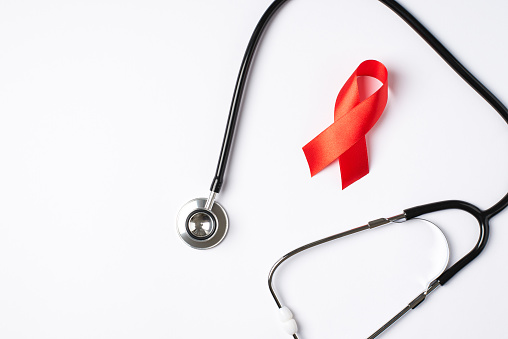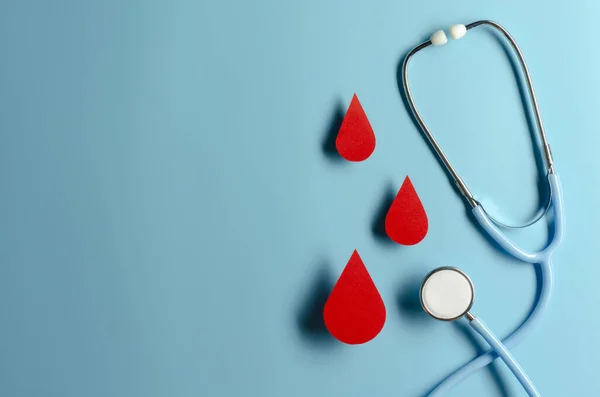
If you're experiencing digestive issues, abdominal pain, or irregular bowel movements, you might be wondering if it's just a temporary problem or something more serious. Two chronic conditions—Crohn’s disease and ulcerative colitis—are part of a group of diseases known as Inflammatory Bowel Disease (IBD). While they share similar symptoms, understanding the key differences can help you seek the right care, faster.

What Are Crohn's Disease and Ulcerative Colitis?
Crohn's disease and ulcerative colitis are both autoimmune disorders that cause inflammation in the gastrointestinal (GI) tract. However, they affect different parts of the GI system and have distinct characteristics:
- Crohn’s Diseasecan affect any part of the GI tract, from the mouth to the anus. The inflammation can extend through the entire thickness of the bowel wall, which can lead to complications like strictures (narrowing of the intestines) or fistulas (abnormal connections between different parts of the intestines or other organs).
- Ulcerative Colitis, on the other hand, primarily affects the colon and rectum. It causes continuous inflammation in the innermost lining of the colon, leading to ulcers and other painful symptoms.
Common Symptoms: Is It Crohn’s or Ulcerative Colitis?
Both conditions share many symptoms, but knowing the differences can help in identifying which condition you may be dealing with:
- Abdominal pain and cramping
- Chronic diarrhea
- Blood in the stool
- Fatigue and weight loss
However, there are some clues to differentiate them:
- Crohn’s Diseaseoften causes patchy areas of inflammation and can lead to complications such as bowel obstruction, fistulas, or abscesses.
- Ulcerative Colitistypically causes continuous inflammation starting from the rectum and moving upward.
Diagnosis: How Doctors Make the Call
To diagnose IBD, doctors rely on a combination of medical history, physical exams, blood tests, stool tests, and imaging procedures such as endoscopy or colonoscopy. A biopsy may also be performed to examine tissue samples and confirm the diagnosis.
If you have symptoms that point to IBD, early diagnosis and treatment are crucial. Both Crohn’s disease and ulcerative colitis can lead to severe complications if left untreated, including malnutrition, bowel perforation, or even cancer in some cases.
Treatment Options: Personalized Care for Better Outcomes
Although there is no cure for IBD, a variety of treatments can help manage the symptoms and reduce inflammation:
- Medicationssuch as anti-inflammatory drugs, immunosuppressants, and biologics.
- Dietary changesto help reduce inflammation and manage symptoms.
- In some cases, surgerymay be necessary to remove damaged parts of the intestine, particularly for Crohn’s disease.
Working with a gastroenterologist who specializes in IBD is key to developing a personalized treatment plan. With the right care, many patients with Crohn's disease and ulcerative colitis can lead full, active lives.
Take Control of Your Health: Seek Expert Advice
If you suspect that you might have Crohn’s disease or ulcerative colitis, don’t wait. The earlier you get the right diagnosis and treatment, the better your chances of managing your condition and living a healthy life.
Reach out to a specialist today to discuss your symptoms and explore your treatment options. Your health matters, and taking action now can make all the difference in the future.







